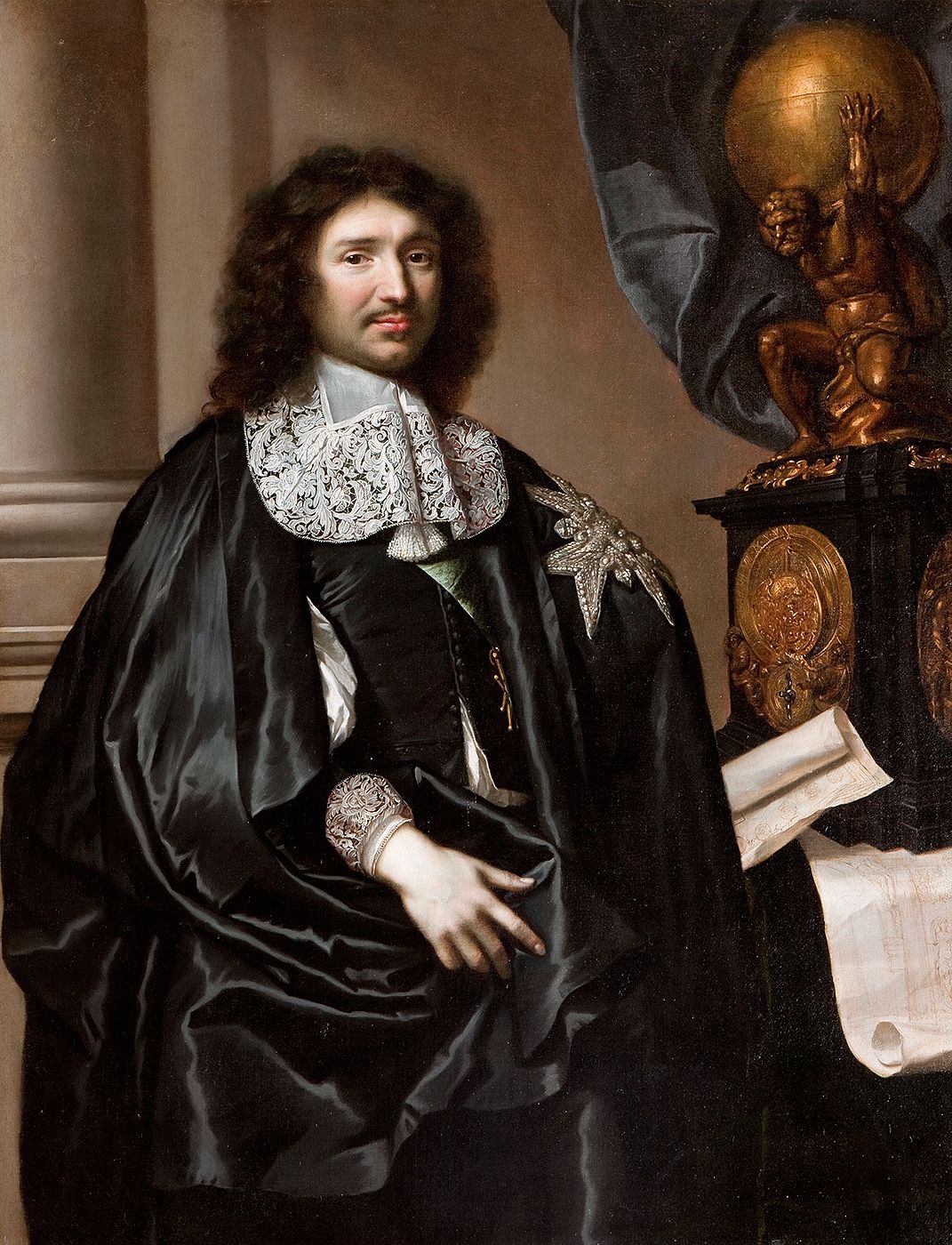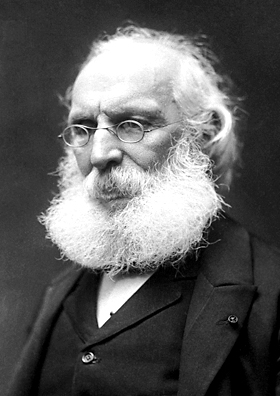|
Jean-Pierre Clément
Jean-Pierre Clément (2 June 1809 – 8 November 1870; known as Pierre Clément) was a French political economist and historian, born at Draguignan. He was in the Ministry of Finance and a member of the Institute and wrote, with the aid of original documents, works on French financial administration, particularly in the epoch of Colbert, including: *''Histoire de la vie et de l'administration de Colbert'' (1846) *''Histoire du systéme protecteur en France depuis Colbert jusqu'à la révolution de 1848'' (1854) *''Etudes financières et d'economie sociale'' (1859) *''Lettres, instructions, et Mémoires de Colbert'' (seven volumes, 1861–1882) Clément's prefaces to the last work were collected and edited by his widow under the title ''Histoire de Colbert et de son administration'' (1874; third edition, 1892) Clément was an early member of the Société d'économie politique organized by Pellegrino Rossi. References External links * * 1809 births 1870 de ... [...More Info...] [...Related Items...] OR: [Wikipedia] [Google] [Baidu] |
Draguignan
Draguignan (; oc, Draguinhan) is a commune in the Var department in the administrative region of Provence-Alpes-Côte d'Azur (formerly Provence), southeastern France. It is a sub-prefecture of the department and self-proclaimed "capital of Artillery" and "''Porte du Verdon''". The city is from Saint-Tropez, and from Nice. Name and motto According to legend, the name of the city is derived from the Latin name "Draco/Draconem" (''dragon''): a bishop, called Saint Hermentaire, killed a dragon and saved people. The Latin motto of Draguignan is ''Alios nutrio, meos devoro'' (I nourish others, I devour my own). Geography The elevation is 200 m. The highest hill near Draguignan is Malmont (551 m). The main river near Draguignan is the Nartuby. The city is set in a valley NW-SE, about wide. Climate Draguignan's climate is the same as the normal conditions of the Mediterranean climate. The nights of frost are rare and the negative temperatures occur only a ... [...More Info...] [...Related Items...] OR: [Wikipedia] [Google] [Baidu] |
Institut De France
The (; ) is a French learned society, grouping five , including the Académie Française. It was established in 1795 at the direction of the National Convention. Located on the Quai de Conti in the 6th arrondissement of Paris, the institute manages approximately 1,000 foundations, as well as museums and châteaux open for visit. It also awards prizes and subsidies, which amounted to a total of over €27 million per year in 2017. Most of these prizes are awarded by the institute on the recommendation of the . History The building was originally constructed as the Collège des Quatre-Nations by Cardinal Mazarin, as a school for students from new provinces attached to France under Louis XIV. The inscription over the façade reads "JUL. MAZARIN S.R.E. CARD BASILICAM ET GYMNAS F.C.A M.D.C.LXI", attesting that Mazarin ordered its construction in 1661. The Institut de France was established on 25 October 1795, by the National Convention. On 1 January 2018, Xavier Darcos took ... [...More Info...] [...Related Items...] OR: [Wikipedia] [Google] [Baidu] |
Jean-Baptiste Colbert
Jean-Baptiste Colbert (; 29 August 1619 – 6 September 1683) was a French statesman who served as First Minister of State from 1661 until his death in 1683 under the rule of King Louis XIV. His lasting impact on the organization of the country's politics and markets, known as Colbertism, a doctrine often characterized as a variant of mercantilism, earned him the nickname ''le Grand Colbert'' (; "the Great Colbert"). A native of Reims, he was appointed Intendant of Finances on 4 May 1661. Colbert took over as Controller-General of Finances, a newly elevated position, in the aftermath of the arrest of Nicolas Fouquet for embezzlement, an event that led to the abolishment of the office of Superintendent of Finances. He worked to develop the domestic economy by raising tariffs and encouraging major public works projects, as well as to ensure that the French East India Company had access to foreign markets, so that they could always obtain coffee, cotton, dyewoods, fur, pepper, ... [...More Info...] [...Related Items...] OR: [Wikipedia] [Google] [Baidu] |
Société D'économie Politique
The Société d’Economie Politique () is a French learned society concerned with political economy. It was founded in 1842 to provide a forum for discussion of free trade, a subject of violent debate at the time, and has continued to organize discussions on economic and social issues to the present day. History The Société d’Économie Politique was founded on 1 February 1842 in Paris. It was created by the followers of Jean-Baptiste Say to provide an open forum for debate on economics at a time when there were violent arguments over free trade. The society was led informally by Pellegrino Rossi as president and Count Ferdinand-Charles-Philippe d' Esterno (1805–83) as secretary. The debates were very academic in nature, and the society dissolved after a few meetings. Members included Louis Leclerc, Jean-Pierre Clément, Hippolyte Dusard, Marie Roch Louis Reybaud, Louis Reybaud, Louis Wolowski, Léon Faucher, Horace Émile Say (1794–1860), son of Jean-Baptiste Say, Théodo ... [...More Info...] [...Related Items...] OR: [Wikipedia] [Google] [Baidu] |


